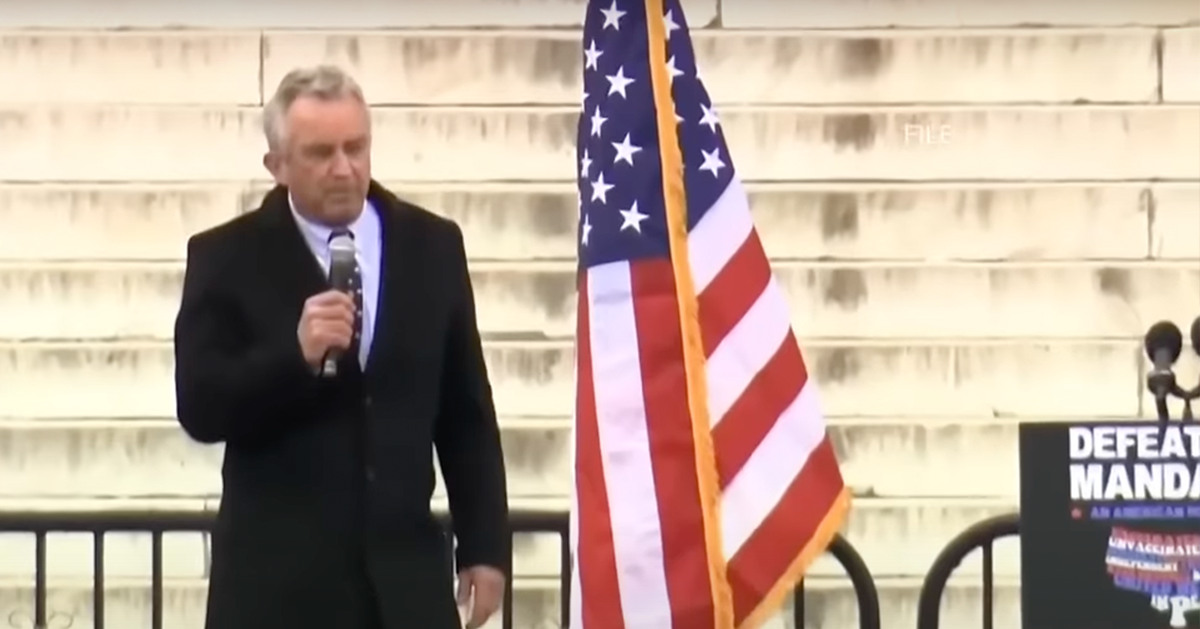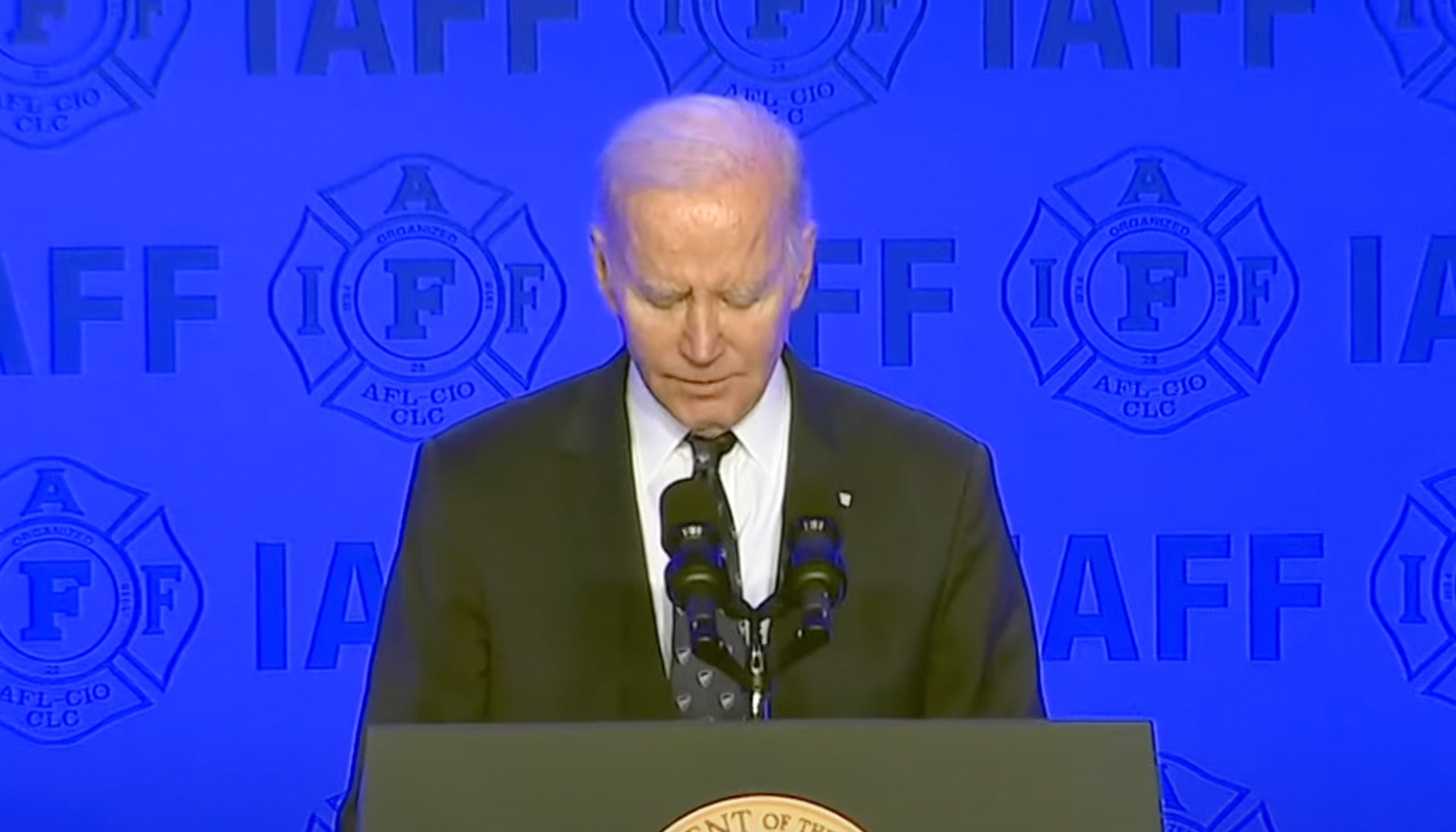Elbridge Colby confirmed by Senate for Defense Department role
Elbridge Colby's confirmation as the Under Secretary of Defense for Policy has sparked significant discussion across political lines, reflecting deep divisions within Republican ranks about the direction of U.S. foreign policy.
With a narrow 54-45 Senate vote, Colby's appointment proceeded to confirmation despite opposition from key figures, highlighting an ongoing clash between traditional views and the Trump administration's "America First" agenda, Breitbart reports.
Despite Colby's backing by many in the GOP, Sen. Mitch McConnell was the sole Republican to vote against him. McConnell expressed concerns over Colby’s approach, which he believes undermines critical alliances and could endanger U.S. interests abroad by prioritizing the Indo-Pacific region over other vital areas.
Defense Secretary Pete Hegseth, a proponent of strengthening national defense, supported Colby's nomination, emphasizing the importance of putting military needs at the forefront of policy discussions. Democrat Sens. Mark Kelly, Jack Reed, and Elissa Slotkin crossed party lines to support Colby's confirmation, indicating some bipartisan agreement on his qualifications despite the controversy.
Internal GOP debate swirls
The confirmation process revealed a philosophical divide within the Republican Party, a pit between those aligned with Trump's America First policies and those advocating for continued global engagement.
Sen. Tom Cotton reportedly had policy disagreements with Colby, particularly regarding Colby’s viewpoints on how to prevent Iran from securing nuclear weapons. This highlights ongoing debates on foreign policy priorities and approaches.
Despite McConnell's noted opposition to Colby’s strategic preferences, some leading figures remained confident in Colby’s ability to meet the challenges ahead. Vice President JD Vance remarked on McConnell's vote as a rare display of political pettiness, underscoring tensions within the party. This polarized reaction reflects broader debates over how best to ensure American security and influence on the world stage.
One significant factor in Colby's favor was the endorsement from figures within the America First movement. Donald Trump Jr. stated that Colby is unswervingly loyal to Trump’s policies, including reshaping the defense department’s global role. These sentiments were bolstered by those who saw Colby's appointment as pivotal to enforcing this agenda.
Republicans diverge on key issues
McConnell voiced his apprehension regarding Colby’s perceived readiness to adjust the U.S. stance on European and Middle Eastern affairs to elevate the importance of the Indo-Pacific. He articulated his belief that moving away from established allies could invite challenges from adversaries looking to exploit potential fractures within American alliances.
Disagreement over strategic focus is not new but has become increasingly pronounced with the shifting geopolitical landscape. McConnell’s critique of Colby's approach, particularly regarding Ukraine and Europe, resonated with those wary of a narrow focus on the Indo-Pacific region over broader global challenges.
Hegseth expressed his anticipation of collaborating with Colby to prioritize strengthening defenses. Despite differing opinions on strategy, Hegseth emphasized the need to concentrate on the welfare of military personnel, a sentiment widely shared across party lines.
Impact, implications of confirmation emerge
As Colby steps into his new role, he carries with him the task of navigating a complex geopolitical environment marked by ongoing international conflicts and strategic challenges.
His confirmation might serve as a microcosm for broader debates surrounding U.S. foreign policy under an evolving Republican platform.
Colby will be expected to address divergent views within his party while maintaining cohesion in defense policy. As he assumes office, his ability to reconcile these differences while advancing a coherent strategy will be closely monitored by both supporters and detractors.
The confirmation marks a pivotal moment for the future of U.S. defense policy, as it attempts to balance traditional alliances with shifting priorities. The implications of Colby's leadership will likely be closely scrutinized in the months ahead, given the contentious nature of his appointment.
Looking ahead to challenges, opportunities
Amid political discord, the focus remains on how Colby addresses pending challenges and bridges divergent views within the defense establishment.
The search for common ground, especially in managing global threats, will be essential for cohesive policy formulation.
As Colby steps into his position, the eyes of both critics and allies will be on his capacity to shape a defense agenda that bolsters national security and reflects evolving international dynamics.





